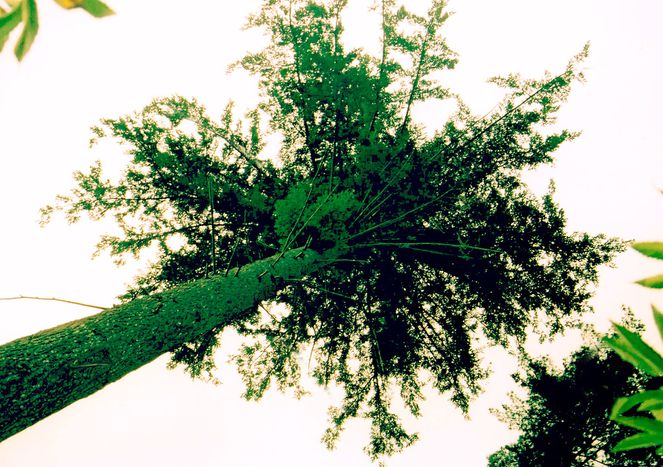
A Swing to the Right in Slovenia
Published on
Translation by:
 ruth griffiths
ruth griffiths
Populism and border disputes with Croatia resulted in victory for the opposition parties in the parliamentary elections at the beginning of October
Iztok Sori heaves a sigh of relief: “The situation has calmed down again now. Neither Slovenia nor Croatia saw major political disturbances. Many just regarded it as part of the electoral campaign.' The Slovenian ethnologist is referring to an incident which happened on the Slovenian-Croatian border at the end of September; an incident which even attracted the attention of the European Union. Joska Joras, a politically active Slovenian, can only reach his property via the border control point between Slovenia and neighbouring Croatia. It is a situation asking for trouble, you may say. The leader of the Slovenian people’s party (SLS), Janez Podobnik, and some like-minded politicians recently visited Mr Joras. They planted a tree. Then, as ten of Podobnik’s party members started on their way back, they found themselves arrested by Croatian border police. The Slovenian politicians protested to the government in Zagreb, who insisted that the Croatians were in the right. The Slovenians in turn announced that the country’s official support of Croatia in Brussels would be “put on ice”.
Ill-advised behaviour
Iztok Sori is noticeably relieved that the Slovenians have risen above nationalistic aggression and argues that there is no excuse for the Croatian police’s rough treatment of the Slovenian politicians. “However, Podobnik’s behaviour was just as ill-advised, especially as elections were due to take place in a week’s time,” he declares. The parliamentary elections on 3 October re-emphasised the fact that the political situation in Slovenia is a dormant volcano which is liable to erupt at the most inappropriate moment.
The main controversy arises from Slovenia’s open access to international waters
Slovenia, with its two million inhabitants, has had considerable difficulties with neighbouring Croatia since its independence from Yugoslavia in 1991. The main controversy arises from Slovenia’s open access to international waters via the bay of the coastal city of Piran; an issue which has also given rise to the latest border conflict. The incident on Joras’ doorstep contributed to the success of the SLS in the recent elections where they won almost 7% of the vote. Beforehand, Janez Podobnik was afraid of falling at the 4% hurdle. However Janez Jansa, the leader of the Slovenian democratic party (SDS) has most cause for celebration: his party received more than 29% of the vote. In contrast, the liberal femocrats (LDS), who have been in government for almost 12 years with Anton Rop as prime minister, plummeted to just over 23%. Inconsistent political strategies, accusations of corruption and nepotism have all led voters to shun the liberal government.
Controversy surrounding fringe groups
The will be among those most likely to welcome this political change. They were the ones who controversially fought a continuous battle against the previous government. Iztok Sori criticises the swing to the right: “The thing that I find worrying about these elections is that a policy of exclusion has clearly come to the fore. Homosexuals, atheists, travellers and Yugoslavs without citizenship have found themselves affected.” The ethnologist sees the growth in support for the nationalistic SNS as a particular cause for concern. The nationalists increased their proportion of the vote to over 6% and now have 6, instead of 4, seats in parliament. The leader of the party, Zmago Jelincic, is regarded as an ousted populist and was last in the limelight for his election campaign against Croatia joining the EU. Anton Rous from the democratic pensioners’ party was also satisfied with the election result: his party won 4.02% of the vote - enough to make it into parliament. Although the party had no manifesto as such, its simple slogans found support among invalids and returned evacuees. Although the right in general saw an upturn in their fortunes, the christian conservative party "New Slovenia", (Nova Slovenija) whose success in the European election enabled it to send a party member to Brussels, could only chalk up a comparatively poor 8.79%.
Slovenia’s liberal democrats may have lost the parliamentary majority, but they still have much to boast about. They were instrumental in gaining Slovenian entry to the EU and Nato and the party has numerous other success stories to its name, including solid economic growth of 2.5% and low unemployment of around 6%. The new government under Janez Jansa will have its work cut out to continue guiding Slovenia on its road to success, especially as a new coalition consisting of many small right-wing parties could well stand on shaky ground.
Image: (cc) quantum bunny/ flickr
Translated from Rechtsruck in Slowenien


